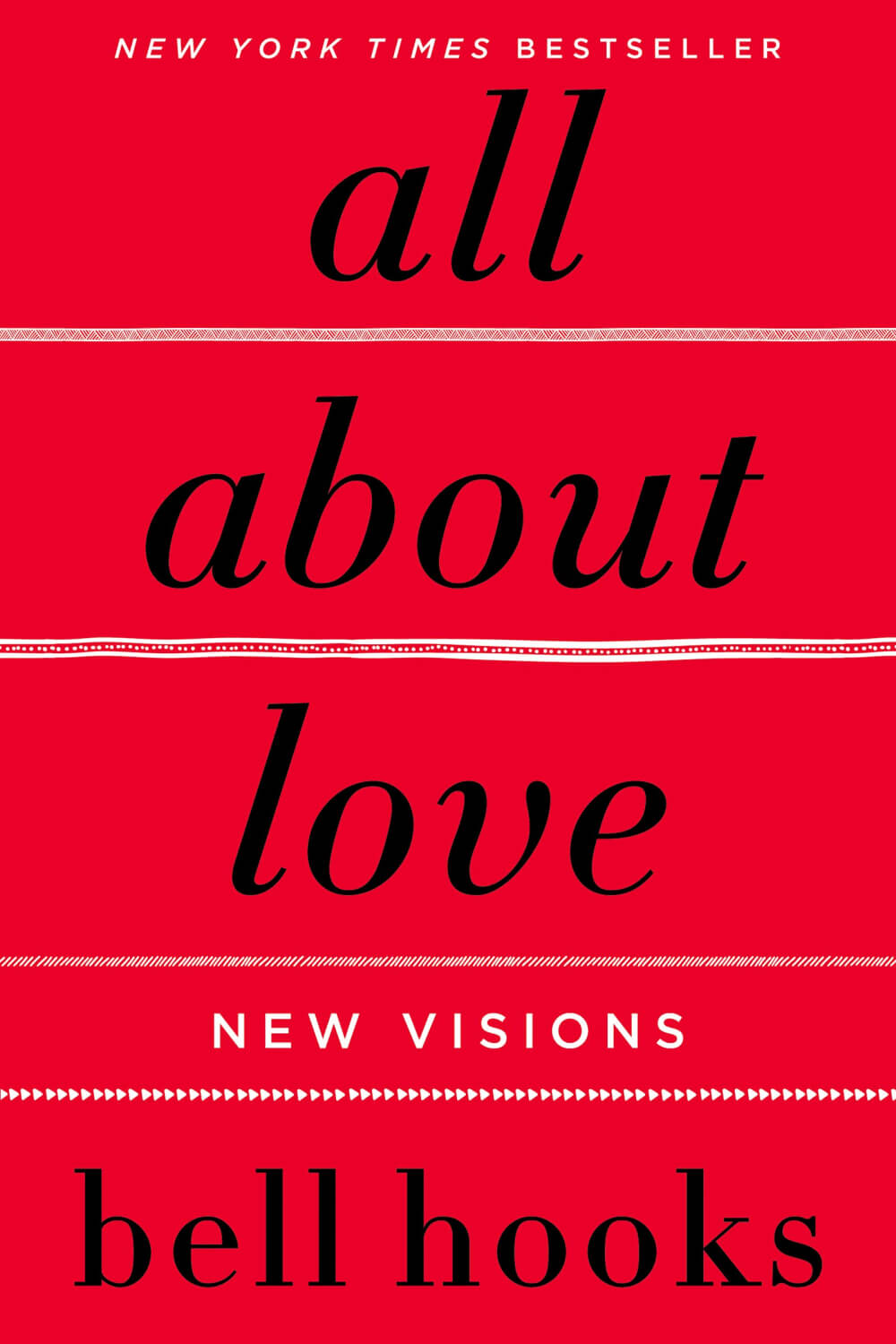
- Link
- Amazon Link
- Creator(s)
- bell hooks
- Publisher
- Harper
- Year
- 1999
- Started
- Monday, March 6, 2023
- Finished
- Saturday, March 11, 2023
- Time Spent
- 4.5hrs
This is an excellent book. I loved reading it, even when it left me sobbing at my desk. It was an emotionally difficult read. Every word I needed to hear, and every reaction I needed to confront and examine. I recommend this book to anyone that wants to learn more about love.
A couple of takeaways that stood out to me.
The concept of “family of origin”. bell uses this phrase often when referring to her family, I don't know if she coined it, but it stuck right in my head, and it connected a dot in my mind that had long been bothering me.
Spiritual practice is very important to the pursuit of understanding of love. I like this idea a lot, this is not something explicitly stated in bell's own words, but it is something I inferred while reading. I think about my own relationship and traumas with religion and spirituality and how I've pulled away, but am still inexplicably drawn to the universe, and something bigger than myself.
Quotes
Remember, care is a dimension of love, but simply giving care does not mean we are loving.
When we are loving we openly and honestly express care, affection, responsibility, respect, commitment, and trust.
Among grown-ups who were wounded in childhood, the desire to be loved by uncaring parents persists, even when there is a clear acceptance of the reality that this love will never be forthcoming.
Lies may make people feel better, but they do not help them know love.
Refusal to stand up for what you believe in weakens individual morality and ethics as well as those of the culture.
To receive the gift, we must first understand that “there is no fear in love.” But we do fear and fear keeps us from trusting in love.
Many people want love to function like a drug, giving them an immediate and sustained high. They want to do nothing, just passively receive the good feeling.
Listening does not simply mean we hear other voices when they speak but that we also learn to listen to the voice of out own hearts as well as inner voices.
When we face pain in relationships, our first response is often to sever bonds rather than to maintain commitment.
Or if instead of saying “I am in love” we said “I am loving” or “I will love.” Our patterns around romantic love are unlikely to change if we do not change our language.
Usually we imagine that true love will be intensely pleasurable and romantic, full of love and light. In truth, true love is all about work.
We need to speak our shame and our pain courageously in order to recover.